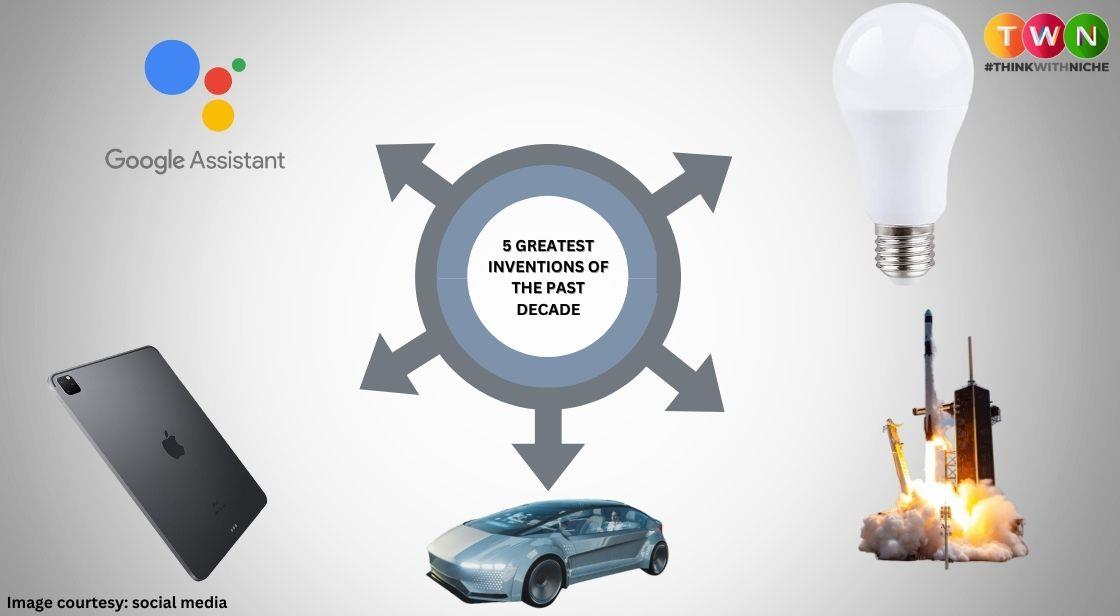5 Business Lessons from Ratan Tata You Can Apply to Your Own Company
Ratan Tata, who founded one of India's most recognizable corporations, is currently Tata Sons' chairman emeritus. He was praised for revitalizing the business he took over from his predecessor and growing it into a major player on the world stage. In his farewell letter to his staff, he shares his success secrets, which we believe everyone may benefit from. These five lessons will assist you in navigating the business world, regardless of whether you are leading a team in a small firm or a huge corporation.
Let's examine Ratan Tata's life story and motivating journey before we begin.
Early years and childhood of Ratan Tata
Ratan Tata, the founder of The Tata Group and one of the richest business families in India, was born in Mumbai in 1937 and played a significant role in the industrialization of the nation after independence. Prior to earning a management degree from Harvard University, he completed studies in architecture and structural engineering at Cornell University in the United States.
He began his career as a blue-collar worker at the Tata Steel Division even though he would eventually rise to the position of chairman of the Tata Group. He was appointed Director-in-Charge in 1971 and brought back to life the National Radio and Electronics Company Limited (NELCO).
He took over as head of the Tata Group's leader in 1990 and enacted a number of reforms to bring the company's business practices up to date and competitive in the new era. While he was there, he merged all of the Tata businesses, acquired Tetley and Jaguar Land Rover, and floated Tata Motors on the New York Stock Exchange, gaining the company international acclaim.
Achievements of Ratan Tata
Naval Ratan Tata assumed the temporary chairmanship of the Tata Group in 2017 after retiring as the organization's chairman in 2012. The Indian government's two highest decorations, the Padma Bhushan and the Padma Vibhushan were granted to the industrialist.
Aside from founding the Corus Group, one of Ratan Tata's greatest accomplishments was taking the Tata name global by acquiring businesses like Tetley Tea, the truck-making branch of Daewoo Motors, and Jaguar Land Rover.
Ratan Tata led TCS a provider of IT services and was managed by Ratan Tata as it went public in 2004. Tata Motors, an automaker, was listed on the New York Stock Exchange when Ratan Tata served as its CEO.
Tata's contribution to the Indian car industry has been a point in his favor as the company created the Indica, a genuinely indigenous Indian brand, and subsequently the Nano, which was his own creation. Under his tenure, the Tata Group's revenues and net profitability more than quadrupled.
Ratan Tata’s philanthropic work
A well-known philanthropist who promotes healthcare, education, and rural development is Ratan Tata. His stock is kept in charity trusts for more than 65% of its value. The Tata Education and Development Trust, a nonprofit part of the Tata Group, has given a $28 million Tata Scholarship Fund to enable Cornell University to provide financial help to undergraduate Indian students. In 2010, the Tata Group companies and Tata charities donated $50 million to the creation of an executive center at Harvard Business School. The Tata Center for Technology and Design was founded by the Tata Group in 2014 to develop the design and engineering concepts suitable for the needs of individuals and communities with limited resources. The Tata Group donated this contribution, which was the largest in IIT, Bombay's history.
5 Business Lessons from Ratan Tata
1. Know your Company's Purpose
Businesses must be
aware of their objectives. According to Ratan Tata, the goal of his
organization is to "be the best-managed corporation in the world." He
had to adhere to a few strict criteria in order to succeed at this:
i) Quality and
safety
ii) Social and
environmental sustainability
iii) Ethics and
transparency
iv) Innovation and
digital readiness
These were the guiding ideas that Tata Sons was founded on. They also act as a yardstick for success and as a framework for more focused objectives, including emphasizing innovation. Although it may seem simple, it's important to remember that maintaining certain standards is a necessary part of operating a successful business. Knowing what they are will enable you to develop your business into a fantastic one.
2. Stay Close to Your Customers
"It is always preferable to be connected to your clients. You adhere to their demands. They'll climb the ladder behind you."
Any entrepreneur should learn that it takes more than simply having a great concept to succeed. You must be able to carry it out. You must be in frequent contact with your clients if you want to know what they want. Being more accessible than the competition means paying close attention to customers' needs and developing a thorough grasp of them. This will make it simpler for you to fulfill their expectations and perhaps beyond them. By learning from these encounters, you may develop better goods and boost the overall performance of your company.




